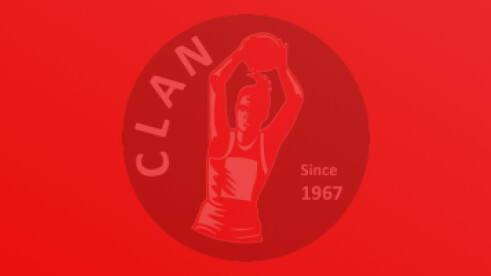
Pre-season fitness – does that include getting your mind fit?
1st Psych Blog by Alison Maitland, Sports Psych. Becoming the all round athlete. How prepared are you for the season?
The summer is well underway, and it’s time to think about making sure we are fit for the new season to begin. Long runs, cross-training, keeping the core in shape, all things to help us to hit the ground running and ready to play great netball.
We know we need to get our body healthy and fit. But what about our mind? How often do we include our brain in our pre-season training?
Getting the mind in shape to start the season starts with a basic understanding of how it works.
At its simplest level, the human brain can be thought of like a system with three parts working together: the rational brain, the emotional brain and the memory. The three parts of the brain try to work together, but often get into conflict with each other to gain control.
One part of the brain is the emotional brain – this offers up to us feelings and impressions that can be very constructive or very destructive to what we are doing. It is not good or bad – it just is! The emotional brain may cause us to do things without thinking or jump to an opinion For example, remember the withering look you immediately shot at the umpire, as soon as they pulled you up for footwork (when you know you landed your feet cleanly); that’s the emotional brain at work! You probably give the umpire “the look” without even thinking about it.
The second part of the brain is the rational brain. The rational brain likes to interpret information by searching for the facts and trying to get to the bottom of a situation. It uses logical thinking to form a plan of action and provide a basis to think about a situation. The rational brain takes a situation, puts it into context and decisions are taken with a balanced judgement. So if you use this part of the brain when the umpire calls you for footwork, you chose to keep your eyes on the game and decide to land your feet firmly the next few times that you catch the ball – that way she’ll realise that your footwork is clean and you won’t get penalised next time.
The emotional and rational brains are a little like two separate thinking machines that independently interpret our experiences. Either of them can take control and impact on how fit we are to play netball. However, when we get them to work together, we get the best performance.
Finally we have the “memory” part of the brain. This can think and act automatically for you using programmed thoughts and behaviours, such as the yelp we give when our opponent stands on our foot. It also provides a reference source for information, beliefs and values to the rational and emotional parts of the brain, like a library of information. This part of the brain work really quickly.
To start your pre-season fitness regime for your brain take some time to answer the question: Do you understand what the machine is in your head, do you understand how it works and when you understand it, can you operate it?’

